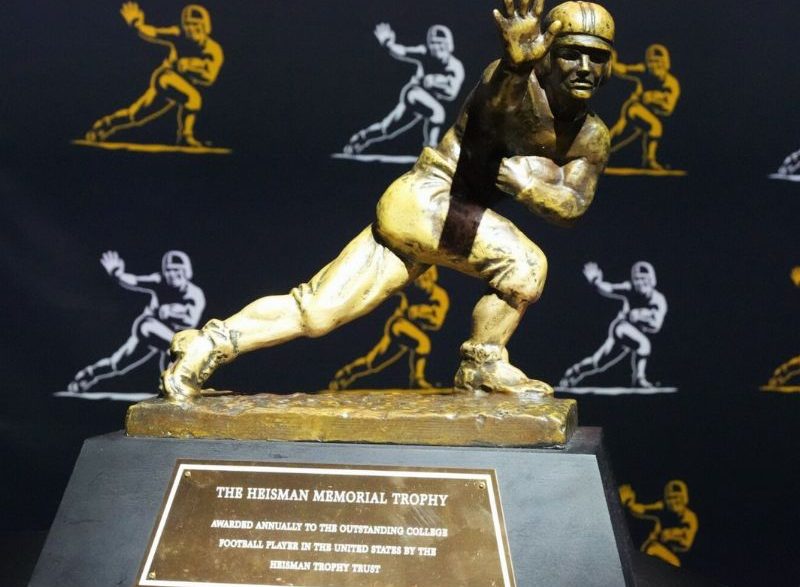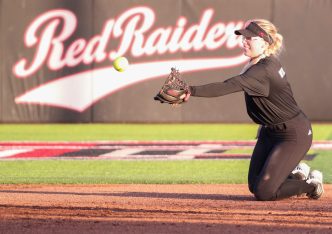As the curtain descends on another thrilling college football season, the spotlight shifts to the accolades and awards that define the best of the best. Yet, the 2024 season brought with it a whirlwind of controversy, particularly when it comes to one of the sport’s most coveted honors: the Heisman Trophy. This year, the celebrated prize was awarded to Colorado’s versatile star, Travis Hunter, igniting a firestorm of debate. In a season ripe with outstanding performances, some fans feel that awarding the Heisman stirred more questions than answers.
Travis Hunter’s talent is undeniable. As both a receiver and a cornerback, he’s established himself as a force of nature on the field. However, there’s a compelling argument that he wasn’t this year’s preeminent player. Enter Ashton Jeanty—a standout with jaw-dropping stats, becoming just the third player since 2000 to eclipse 2,400 rushing yards and tally 29 touchdowns in a single season. Jeanty took home the Doak Walker Award, recognizing him as the nation’s top running back, and also the Maxwell Award, celebrating him as the best overall player. Yet, despite these accolades, the Heisman eluded him, breaking a recent trend where most Maxwell Award winners also secured the Heisman Trophy.
Shifting the focus to the Biletnikoff Award, given to the finest receiver, Hunter again found himself in the winner’s circle. But let’s take a moment to appreciate San Jose State’s phenomenon, Nick Nash. He swept the league in receptions, yards, and touchdowns, becoming just the fourth receiver to win the prestigious triple crown, the first since Alabama’s Devonta Smith in 2020. Nash’s exceptional season seemed destined for Biletnikoff glory, yet somehow, the trophy escaped his grasp.
Meanwhile, in the realm of tight ends, Harold Fannin delivered a historic season for the ages. Fannin shattered the all-time regular season receiving record for FBS tight ends and dominated the field in every meaningful statistic. Yet, in a surprising twist, the Mackey Award went to Penn State’s Tyler Warren. Fannin’s consistent excellence was unmatched, as evidenced by his top grade from Pro Football Focus across all of college football.
What’s the takeaway from these contentious decisions? It highlights a glaring oversight: the Group of Five players, despite their phenomenal achievements, often find themselves in the shadows of more prominent programs. The very best at their positions frequently walk away empty-handed, victims of a process that seems skewed toward pedigree rather than performance. Ashton Jeanty, on the cusp of making history by challenging Barry Sanders’ legendary records, exemplifies this dilemma.
In the end, college football awards continue to draw critique, appearing more as a reflection of school stature than of pure, unmatched talent. It’s a narrative familiar to fans and a reminder that recognition, at times, lags behind reality. Nonetheless, the extraordinary performances of Jeanty, Nash, and Fannin will be etched in our memories long after the trophies have gathered dust.







